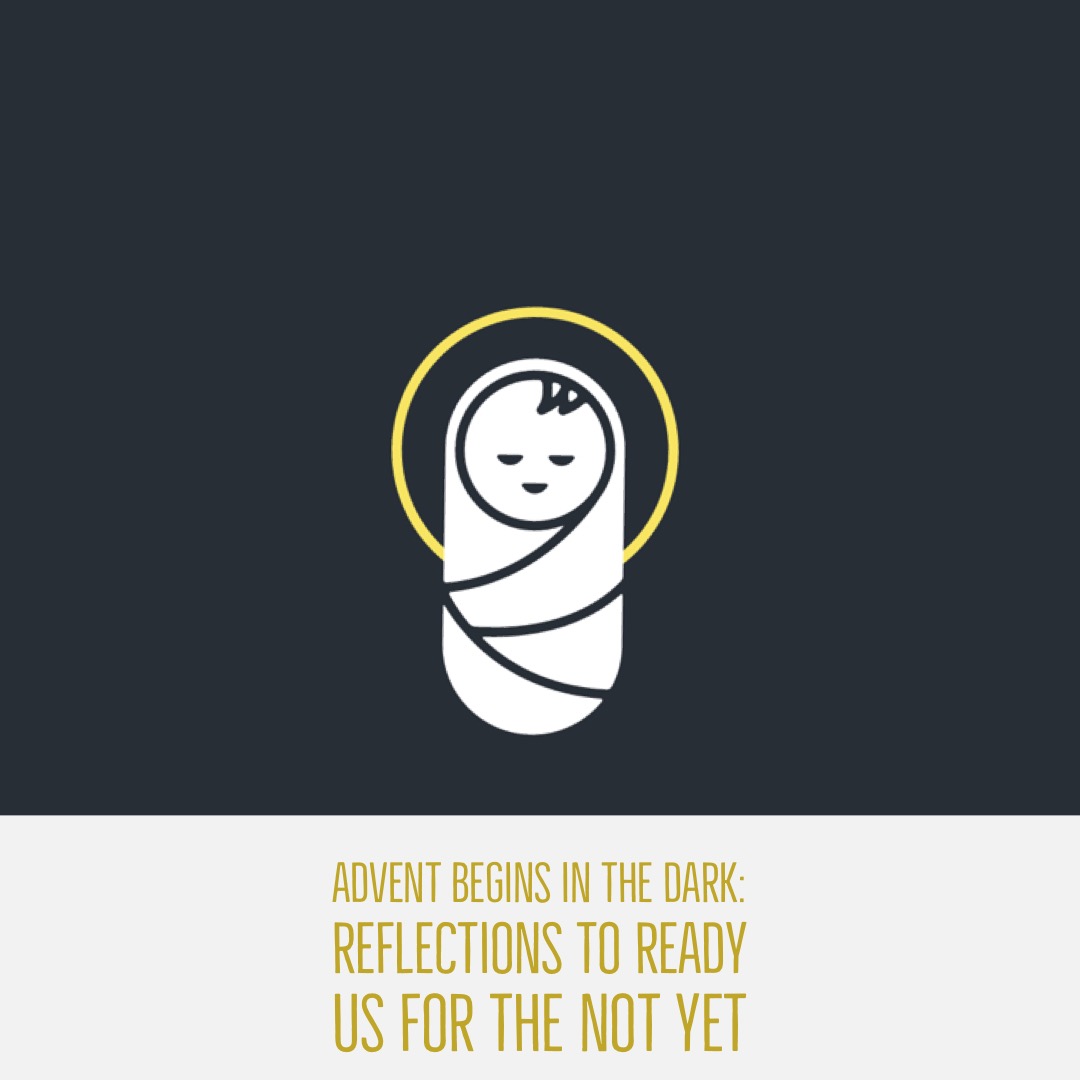
With haste, she packed her belongings into a duffel.
She folded her jeans and some blouses and wondered how long she’d fit into them. She zipped her bag shut and sadly glanced at the wedding dress hanging in her closet. Seeing it, she knew it would be too small on her wedding day, should that day ever come.
‘Favored one,’ that’s what he’d called her. Favored one. But now, hurrying before anyone else in the house awoke, it seemed more burden than blessing.
‘Favored one.’
She hadn’t known what to make of such a greeting when she first heard it.
‘Favored one.’
Hannah had received that same greeting. Hannah, who hadn’t let the gray in her hair or the crow’s feet around her eyes stop her from praying ceaselessly for God to fill her barren womb with a child. Eli, the haggard priest, had called Hannah ‘favored one’ just before he spilled the news of her answered prayer.
But packing the last of her things and clicking off the bedroom lights she recalled that even for Hannah a blessing from God wasn’t so simple. Even for Hannah the blessing was also a summons.
Hannah had prayed holes in the rug for a child but as soon as Hannah weaned her son, God called her to give her boy to Eli, the priest. Hannah’s boy was to be consecrated.
Tiptoeing through the dark hallway, she wondered how Hannah had explained that to her husband. She wondered what it had been like for Hannah, who lost out on all the memories a mother counts on: his first words, learning to walk, the first day of school, homecoming and his wedding day.
Everything Hannah had wanted when she’d wanted a child sacrificed for the purpose God had for her boy.
Hannah- she’d been called ‘favored one’ too.
Leaving her house in the cold moonlight, she thought that God’s favor was also a kind of humiliation, that God’s call was also a call to suffer.
‘Let it be with me according to your word,’ she’d told him when she could think of nothing else to say. But if she prayed now for God to let this cup pass from her, would he?
‘Let it be with me according to your word,’ she’d said.
Standing out under the streetlight and looking back at the house where she’d grown up, she realized it wasn’t that simple.
Things would never be simple again.
Elizabeth lived in the country outside Jerusalem, several days journey from Nazareth. She’d stop in villages along the way to draw water from their wells.
She knew what others must have thought: a young girl, a single woman, resting at a well all by herself raised eyebrows. It was in those moments with men and women staring at her, making assumptions and passing judgments, she wondered if the angel knew what sort of family her baby would be grafted onto.
Names like Rahab and Ruth leapt out, a prostitute and a foreigner. Not the sort of family you’d expect to be chosen.
She wondered what that said about God.
And what her boy would one day make of it.
At night she camped out in the fields along the road where the only noise came from the shepherds and their flocks.
She got sick for the first time out there in the fields.
It was then she began to wonder about the stranger she would bring into the world. Who will this be? she thought. Here is something that is most profoundly me, my flesh and my blood, the sheer stuff of me, depending on me and vulnerable to me. And yet not me, strange to me, impenetrable to me.
She’d asked him there in the room how it would happen. She hadn’t gotten much in the way of explanation.
“The power of the most high will overshadow you’ is how he’d answered.
‘Overshadow’ was the word he’d used. She was sure of it.
She still didn’t know how that worked exactly. She hadn’t felt anything. But she knew that word, ‘overshadow.’
It’s what God did with the ark of the covenant when David brought the ark to Jerusalem with dancing and jubilation and not a little bit of fear. The power of the most high overshadowed the ark.
And before that when God delivered Israel from bondage and led them to freedom through the wilderness, in the tabernacle, the presence and power of God overshadowed.
Now, the most high had overshadowed her, and, if the angel could be believed, God was about to deliver on an even bigger scale.
Sleep came hard those nights on the road.
She’d look up at the sky and rub her nauseous stomach. It made her dizzy trying to comprehend it: , as though her womb was now an ark; how the hands and feet she’d soon feel pushing and kicking inside her were actually the promises of God.
Made flesh.
As soon as she saw Elizabeth in the distance she knew it was true. All of it.
Seeing Elizabeth, it hit her how they were immeasurably different.
Elizabeth’s child will be seen by all as a blessing from God. Elizabeth will be praised, the stigma of her barrenness finally lifted.
But for Mary, as soon as she started to show, it would be different.
A young girl, engaged, suddenly pregnant, with no ring on her finger, no father in sight and her fiance none the wiser? That invited more than just a stigma. She could be stoned to death.
She could see from the end of the road the beautiful contradiction that was Elizabeth: the gray wiry hair, the wrinkled face and stooped back, and the 6 month pregnant belly.
To be sure, Elizabeth was a miracle but it was not unheard of. Sarah, Hannah…Mary had grown up hearing stories of women like Elizabeth.
Mary knew: hers was different.
An unexpected, miraculous birth wasn’t the same thing as a virgin birth. With Mary, it was as if the angel’s message- God’s words- alone had flicked a light in the darkness of her womb.
Life from nothing- that was the difference.
Not from Joseph or anyone else.
From nothing God created life.
Inside her.
From nothing.
The same way, she thought, God created the heavens and the earth: from nothing.
The same way God created the sun and the sea and the stars.
The same way God created Adam and Eve.
From nothing.
As though what she carried within her was creation itself.
The start of a new beginning.
To everything.
For everyone.
A Genesis and an ultimate reversal all in one.
As she walked up Elizabeth’s driveway, she considered the costs that might lie ahead, and with her hand on her stomach she whispered to herself: “The Lord has done great things for me.”


